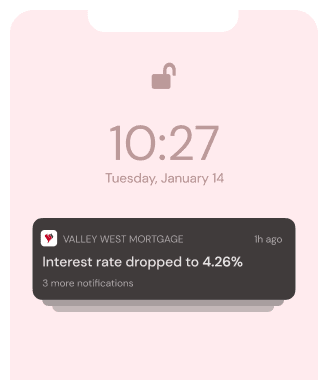When it comes to financing any kind of loan or mortgage, it’s only natural that people should want to find the best bang for their buck and the lowest rates possible. When you go to make a deal, you might not get the best rate you could have over the life of the mortgage, which varies depending on one’s income, work history, assets, time of year, and more. If you find yourself making a deal on an interest rate that you would like to lower, one option is to refinance somewhere down the line.
Over the life of the loan, interest rates will fluctuate within the market based on the same variety of factors that inspired the initial rate to begin with. Between 2008 and 2012, 30-year fixed rates fell from about 6 percent to 3.5 percent, according to US News and Money. This decline was jumpstarted by the United States Government, by pumping money into the economy in 2008 through a process called quantitative easing – a buy-back in mortgage backed securities from lenders. The low interest rates we see today can be attributed to this as well as a weak global economy, says US News and Money.
There is obviously a lot of appeal in refinancing when the prospect of locking in a significantly lower fixed rate is the main attraction. However it is important to consider many factors. In 2012, more than 80 percent of mortgage applications were refinancing ones, but that doesn’t mean you’re escaping a higher interest rate. However, many people would rather pay more up front and save in the long run.
There’s also the appeal of extending your loan period when you refinance. A lower fixed rate could be accompanied by this and is attractive to many borrowers. In addition to this bonus, is important to remember that with a longer loan period comes a bigger annual tax deduction. One could also have the option to merge loans when refinancing, such as fusing a second mortgage and home equity together. All of these things could result in cash in pocket, lower 30-year fixed rates, and extended periods.
But not everyone may qualify for a refinancing, with those being at a credit score of 720 or higher and having a good work history being most likely, according to The Fiscal Times. You will also encounter less mobility should you want to leave your home. Refinancing locks in a lot of the banks power, something to consider when considering this as an option. Not to mention the time consuming amount of paperwork and fees that will come along with the whole process.
If you are considering refinancing your current mortgage, please contact Valley West Mortgage for more information on how we can help.

Instant notifications for your scenario
Let's do it⏰ Your offer will be delivered to your inbox in less than a minute!